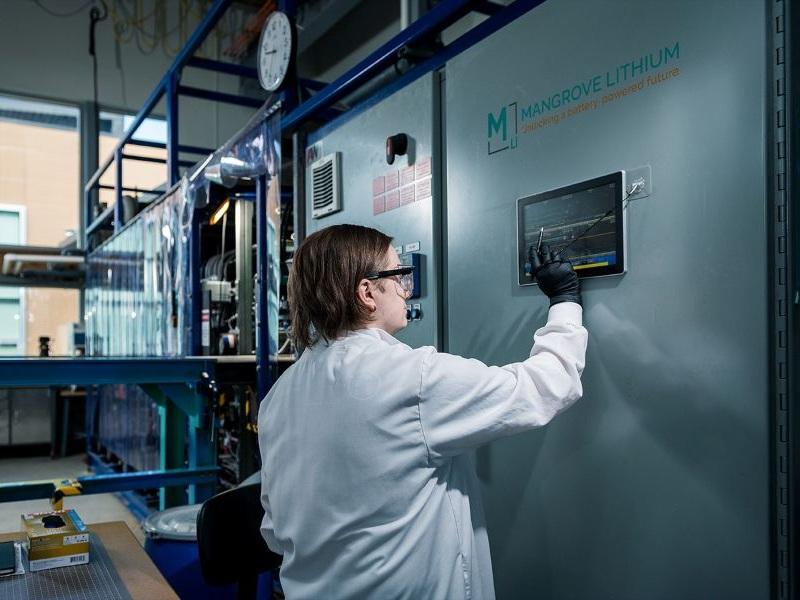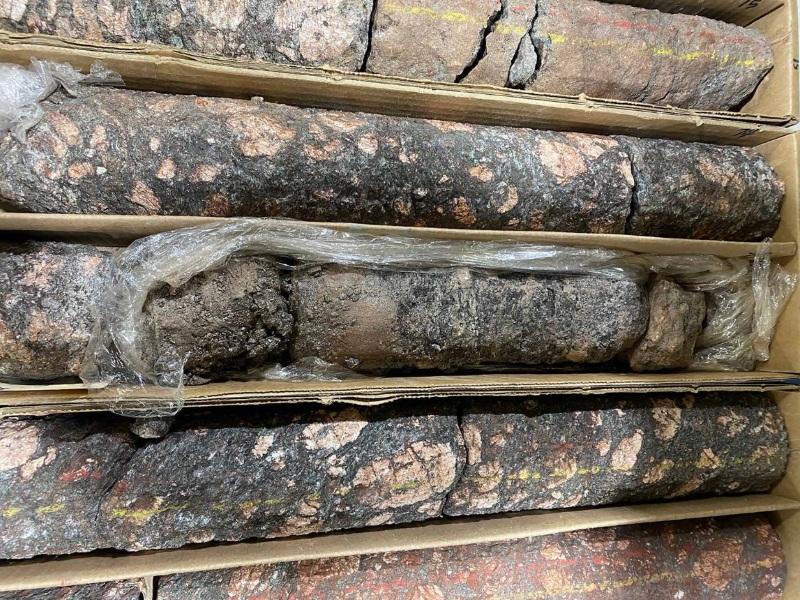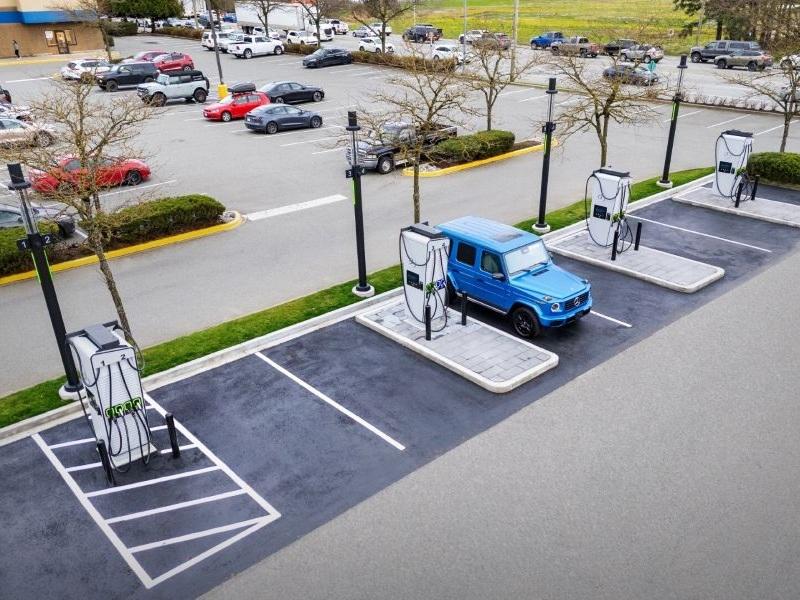
Carbon credit industry newcomer Azzera is harnessing its founders’ backgrounds in aviation to create a verified carbon credit market and software that helps clients understand their greenhouse gas emissions.
The Montreal-headquartered Azzera was co-founded by CEO Puja Mahajan in 2021. After graduating from McGill University with a background in aerodynamics and environmental engineering, she spent 25 years in corporate aviation, with experience working for Bombardier in director roles and as the CEO of Elit'Avia.
During the COVID-19 pandemic, she and her long-time colleague Nick Houseman (also a co-founder, and advisor of, Azzera) decided to do “something of value, of meaning, of consequence for the private aviation industry” by changing the impact aviation has on the environment and climate.
The two spent six months discussing and researching issues before forming Azzera because “aviation is one of those hard-to-decarbonize industries” with “no clear solution for decarbonization today.” Mahajan said few people take the first step to decarbonize because of the obstacles, especially in Canada.
“Our goal is to incite people to act; is to get people to take the first step in their journey to sustainability.”
She hopes to achieve this through compensation and measuring emissions.
Azzera’s carbon credit offering
Mahajan describes Azzera as a solutions provider for sustainability concerns in business aviation. It offers advisory services and brokerage of voluntary and compliance carbon credits.
The Azzera Marketplace displays eight offset projects available for purchase. They vary from:
- $25 to offset a tonne of carbon dioxide (CO2) by protecting a a boreal forest massif known as Bloc Monet in Northern Quebec;
- $190 to offset a tonne of CO2 through biochar carbon sequestration said to be the “most stable and safest natural CO2 sequestration”; and
- supporting methane capture in a Bulgarian wastewater treatment plant for $10 per tonne.
There are stated social benefits to some of these carbon credits. The Bloc Monet carbon credit protects Indigenous land that is also a habitat for endangered caribou, for example.
Azzera has a bespoke model, sourcing projects in the areas of concern for clients and developing a mixed portfolio for the highest impact.
Mahajan said the projects are verified by organizations such as Verra, The Gold Standard, American Carbon Registry and Climate Action Reserve, which covers around 80 per cent of the world’s major registries. It also seeks to mitigate greenwashing efforts by sourcing its carbon credits from certified registries that are not selling a future credit, but ones already in place.
This guarantees actual removal of CO2 and not a promise, Mahajan explained.
Azzera adds another layer of verification. The company performs analysis for each project on behalf of its clients by talking to the suppliers, studying the paperwork of the development project and checking auditing files. They look for the permanence of CO2 removal and the presence of at least two co-benefits.
Helping the aviation industry fly cleaner
The company manages emissions trading system compliance for both the European Union (EU-ETS) and the United Kingdom.
Mahajan said the EU-ETS accounts for several hundred operators required to report their annual emissions to EU and purchase carbon credits if they exceed certain thresholds. Azzera serves as an account manager by creating compliance reports, submitting them for validation and coordinating their submission to the EU.
Then it acquires carbon credits and brokers it on behalf of its clients.
Though strides have been made toward low-carbon flights via methods such as sustainable aviation fuels, culminating in a net-zero pledge by 2050 by the International Air Transport Association, Mahajan said the current options are impracticable compared to carbon credits.
“. . . there are other industries where yes, there are alternative fuels coming up, but they’re not available to everyone. So people are not able to act in a decarbonization strategy. But they are able to do something about compensation and actually measuring their emission start taking the first step of creating a strategy and doing targets.”
Azzera hopes to address this with a software-as-a-service (SaaS) platform.
It will integrate with flight planning operations software and connect to a user profile for every flight operator to track emissions. It can generate compliance reports and connect operators to Azzera's carbon trading platform. Transactions will be recorded on a blockchain ledger for transparency.
Azzera plans to release it in the first-quarter of 2023.
Where Azzera is flying next
Mahajan said Azzera expects to be profitable in its third year. It has already managed to draw some interest, generating about half a million dollars in gross turnover in its first year. She anticipates “significant” uptake in revenue after the SaaS platform is released.
She said Azzera already has a variety of clients in the business aviation ecosystem but cannot yet disclose details. Mahajan said it serves an international clientele, including Canadian firms.
In the future, Azzera also plans to let commercial aviation access its platform. Mahajan expects new compliance schemes in Canada and eventually the U.S., which Azzera will be ready to support.
The company is also developing other tools for businesses including digital footprint calculators that connect to compensation and carbon reduction strategies.










